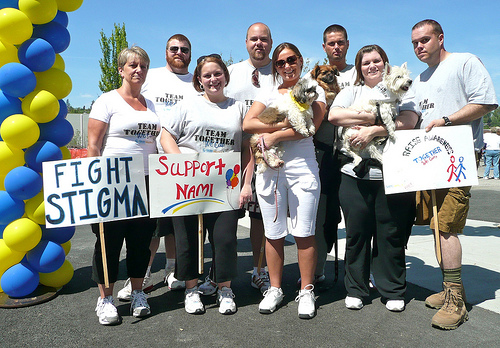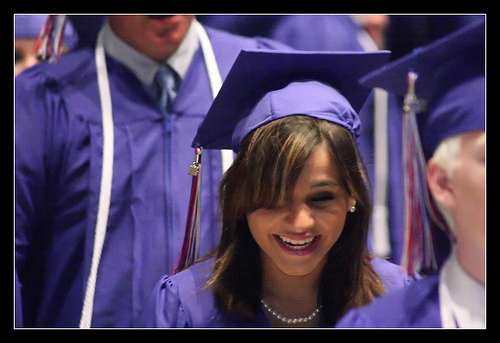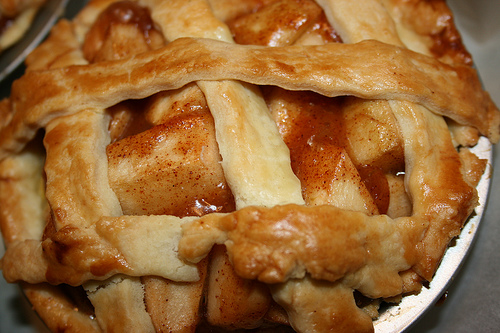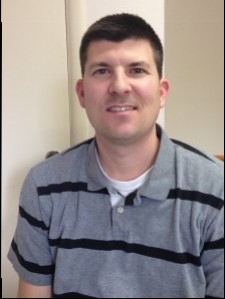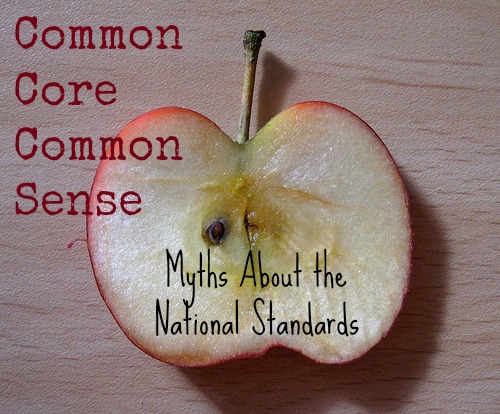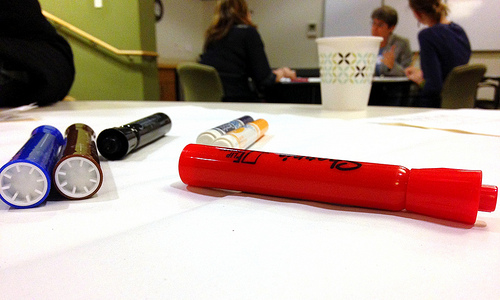In daily life we use mathematics to estimate our budget, calculate price, profit, loss etc. Doing this work is known as mathematical modeling. Basically, mathematical modeling is the part of our real life. Many of us know by the word “word problems”. In mathematics when a problem described by words it called word problem.
If we make mathematical model of our daily routine then it is very easy to maintain the time in work, game and for family. In this era of busy life, time management is a big deal. If we draw the mathematical model of time and spend time according to this, we can mange time easily.
Not just the time, even we make a mathematical model of daily expenses we can also save a lot of money. Many of us are willing to take load from the bank but unable to calculate the mortgage of credit. If they are expert in solving word problems, then they can calculate their budget to know that are they able to return loan on time. How they can save money by paying installment in how many times?
I remember when I was kid, my mom gives me $15 pocket money for a month and asked, “How much you have to spent daily for covering the whole month?” Because I always spent the whole money before the end of the month. Now I understand that mathematics is too useful even for a kid. That time if I able to make equation of my expenditure then now I have too much money.
If mathematician does not develop the mathematical modeling, then physics was a theoretical subject, suppose how physicists find out the velocity with out modeling the definition into mathematical formula?
Many students have issue in solving word problem, but it is not a big deal. Just focus on some points in the statement and you will become expert in solving word problem. The way to write a statement in mathematical expression is called “Mathematical Modeling”.
Before solving any word problem, you must well verse in Mathematical modeling, draw your attention on the following points to make model of any word problem.
Focus on the following points in any statement:
- What do you know?
- What do you want to know?
- What is the proper operation?
Example: Biden bought 2 kg tomatoes, 1 kg potatoes, 5 kg carrots and 3 kg apples from a market. How much weight he carries from the market?
Now according to above points find out the useful information. First see what we have given in the statement:
Biden bought 2 kg tomatoes, 1 kg potatoes, 5 kg carrots and 3 kg apples from a market. How much weight he carries from the market?
What do we know?
Weight of tomatoes= 2 kg
Weight of potatoes= 1 kg
Weight of carrots= 5 kg
Weight of apples= 3 kg
Now see in the statement what we must calculate or evaluate?
Biden bought 2 kg tomatoes, 1 kg potatoes, 5 kg carrots and 3 kg apples from a market. How much weight he carries from the market?
What do we want to know?
Total weight he carries?
The last thing we have to see, how to do? Which operation have to use? Since we want to know total weight so, total amount always calculated by addition.
What is the proper operation?
By adding weight of all.
Total weight=2+1+5+3=11 kg
Hence, Biden carries 11 kg.
If the word problems including more then one operation, then you have to focus on the following points:
- Find out number of objects / people used in statement
- Give name to each object / person
- Breakout the statement into pieces according to object / person
- Step by step write them with the given relation
Just do some examples to understand:
Example: If the sum of two numbers is 12 and difference is 2. Find the numbers.
According to our points, first see how many objects / persons are discussed?
If the sum of two number is 12 and difference is 2. Find the numbers.
Number of objects is two.
Now give name to both numbers. Let x and y are two numbers.
Now break into pieces:
If the sum of two numbers is 12 and difference is 2. Find the numbers.
The first when saying sum is 12:
So relation becomes

And second one saying difference is 2:
You can list this relation as you want, mean


or


Both are correct.
I take



So, we have two equations:





Both can solve simultaneously to get answer.
Adding both equation


Cancel the opposite terms and do simplification:


We get,


Put this one in any equation, I am putting in the first one







So, the numbers are 5 and 7
.
Now what you think? It is easy now to solve word problems.
Consider if a problem consists of a single object / number and relating this object / number by itself then focus on the following points:
- Name that object / number
- Find out the relation between object / number
- Write them in equal
Example: If a number exceeds its square root by 56. Find the number.
According to our points, first see how many objects / persons are discussed?
If a number exceeds its square root by 56. Find the number.
Let x is that number.
Now break into pieces:
If a number exceeds its square root by 56. Find the number
As we know square root of 4 is 2. Number always greater by its square root so, in the above statement number is greater by its square root and according to statement number exceed by 56.


It can be solved now easily.
Rewrite the above equation:


Taking the square on both side of the equation:
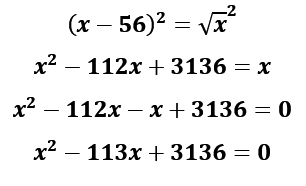

By solving above quadratic equation, we get x=64 and x=49.


